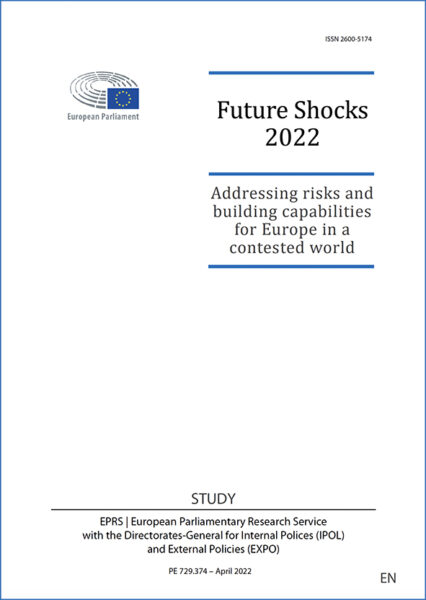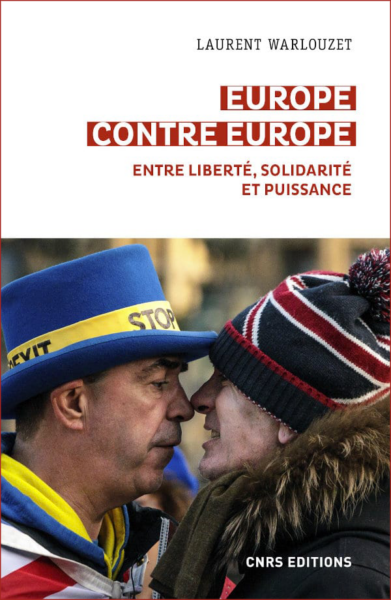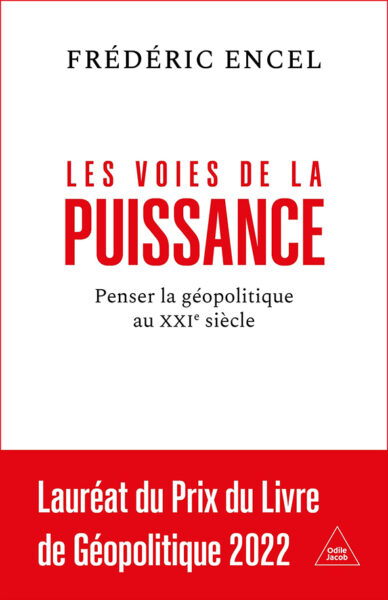No, Mr Fukuyama, the end of communism was not “the end of history”, the final victory of the free market ideology exemplified by the United States, argues Jean-Jacques Salomon. He reminds us that Pierre Hassner expressed the fear that, on the contrary, the post-Cold War period might be the beginning of a new Middle Ages.
The events of September 11th mark a major geopolitical turning-point and require a radical change of attitude and policies on the part of the United States, Salomon argues. In order to make clear what this involves, he looks briefly at the situation “before” (a recently elected President, an unwavering supporter of ultraliberalism, convinced of American supremacy and the universal applicability of its model of development) and “after”, which is likely to see the federal government revert to being strongly interventionist and ready to combat the ill-effects of unbridled capitalism.
What is likely to happen after that, wonders Jean-Jacques Salomon? Maybe this mobilization against terrorism will hasten European integration or encourage the industrialized countries to be less arrogant, to seek for ways and means of achieving lasting peace and greater North-South cooperation as a result of shifts in alliances and allegiances…
The author does not, however, rule out the possibility that the Muslim world will “catch on fire”. He stresses that “the war against terrorism”, unless it resolutely attacks terrorism’s deep roots in poverty and humiliation and hence in resentment of the rich countries, is quite unlike any other war: it may have no end.
Cet article fait partie de la revue Futuribles n° 269, nov. 2001



